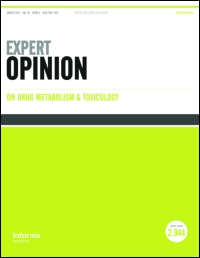Authors:
Fabio Facchinetti, Marialuisa Appetecchia, Cesare Aragona, Arturo Bevilacqua, Maria Salome Bezerra Espinola, Mariano Bizzarri, Rosario D’Anna, Didier Dewailly, Evanthia Diamanti-Kandarakis, Imelda Hernández Marín, Zdravko A. Kamenov, Eleni Kandaraki, Antonio Simone Laganà, Giovanni Monastra, Mario Montanino Oliva, John E. Nestler, Francesco Orio, Ali Cenk Ozay, Olga Papalou, Lali Pkhaladze, Giusy Porcaro, Nikos Prapas, Christophe O. Soulage, Annarita Stringaro, Artur Wdowiak & Vittorio Unfer
Abstract
Introduction: This Experts’ opinion provides an updated scientific support to gynecologists, obstetricians, endocrinologists, nutritionists, neurologists and general practitioners on the use of Inositols in the therapy of Polycystic Ovary Syndrome (PCOS) and non-insulin dependent (type 2) diabetes mellitus (NIDDM).Areas covered: This paper summarizes the physiology of Myo-Inositol (MI) and D-Chiro-Inositol (DCI), two important molecules present in human organisms, and their therapeutic role, also for treating infertility. Some deep differences between the physiological functions of MI and DCI, as well as their safety and intestinal absorption are discussed. Updates include new evidence on the efficacy exerted in PCOS by the 40:1 MI/DCI ratio, and the innovative approach based on alpha-lactalbumin to overcome the decreased therapeutic efficacy of Inositols in some patients. Expert opinion: The evidence suggests that MI, alone or with DCI in the 40:1 ratio, offers a promising treatment for PCOS and NIDDM. However, additional studies need to evaluate some still unresolved issues, such as the best MI/DCI ratio for treating NIDDM, the potential cost-effectiveness of reduced gonadotropins administration in IVF due to MI treatment, or the benefit of MI supplementation in ovulation induction with clomiphene citrate in PCOS patients.

